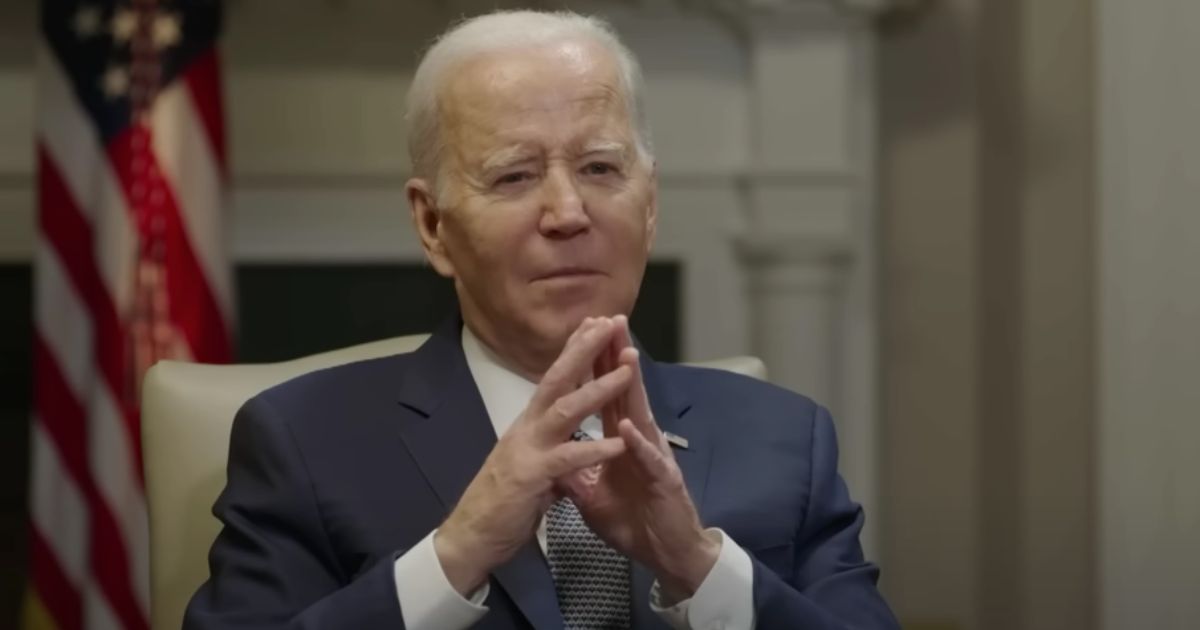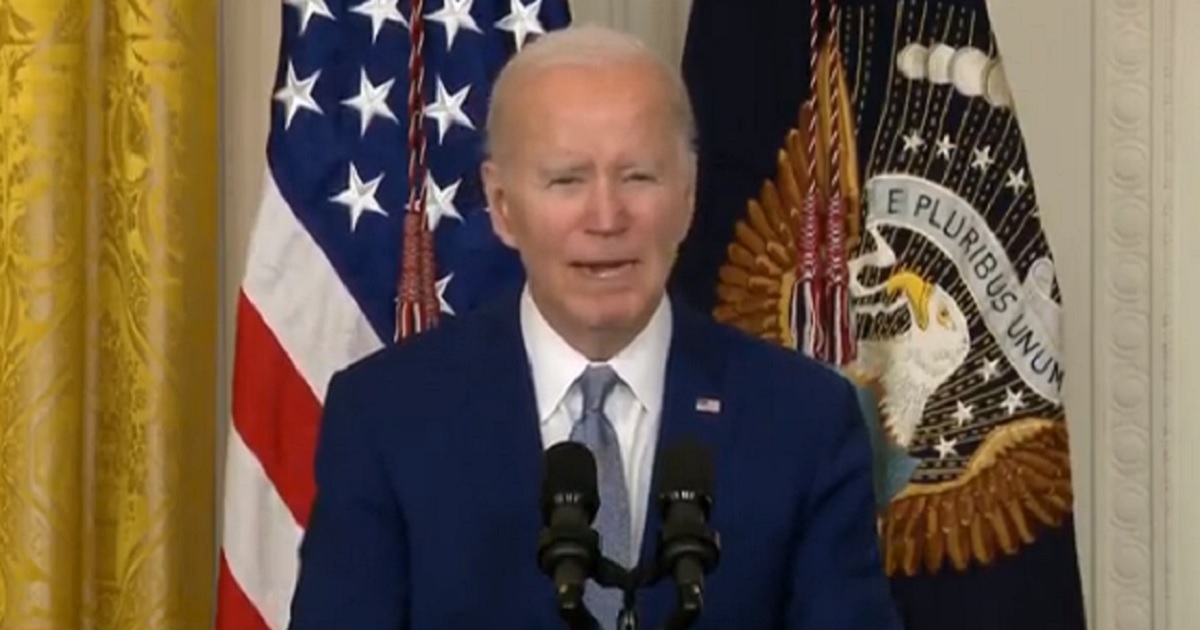Supreme Court Halts Biden EPA's Cross-State Pollution Plan
The U.S. Supreme Court has temporarily enjoined the Environmental Protection Agency’s initiative aimed at reducing interstate air pollution.
The high court's decision disrupts the Biden EPA's agenda to combat air pollution that affects neighboring states, as the New York Times reports, something of which presumptive GOP nominee Donald Trump likely approves.
In a decisive move last Thursday, the Supreme Court intervened to stall the EPA’s carefully-devised plan. This plan targeted the mitigation of air pollution that drifts across state boundaries, primarily from industrial sources.
The provisional suspension, set forth by the Supreme Court, could potentially delay the EPA's plan for an indeterminate period, possibly spanning several months or more. This unforeseen hold-up leaves the EPA's strategy in a state of uncertainty.
This judicial impediment only affects 11 states, as these were the remaining jurisdictions under the federal regulation after a series of lawsuits and appeals had already trimmed down the list.
Sweeping Majority and Dissenting Voices
With a narrow ruling of 5-4, the justices of the Supreme Court issued their decision against the EPA’s air pollution curtailment plan. This verdict reflects the ongoing judicial restraint on the EPA's regulatory capabilities.
Justice Amy Coney Barrett and court's three liberal justices diverged from the majority by dissenting.
The legislation in question, often referred to as the "good neighbor" plan, was originally designed to encompass 23 states. Its main objective was to reduce ozone emissions from various industrial sectors, primarily located in the Western and Midwestern states, thus safeguarding the air quality in the Eastern states.
Legal Challenges and Judicial Journeys
Following the EPA’s declaration in February 2023 that 23 states failed to meet the newly instated ozone standards, significant legal battles ensued. These legal proceedings led to an overhaul of the EPA’s original enforcement plans for these standards.
Courts across seven federal circuits stepped in, halting the disapproval of state compliance plans in a dozen states. In a direct challenge, three pivotal states -- Ohio, Indiana, and West Virginia -- took their grievances to the United States Court of Appeals for the District of Columbia Circuit.
Despite these challenges, a panel of three judges in the court opted not to suspend the rule during the litigation process, setting the stage for the Supreme Court’s intervention.
Stakeholder Perspectives and Litigation Implications
From the plaintiff’s side, representatives from Ohio, Indiana, and West Virginia criticized the federal plan, calling it "a failed experiment" and merely "a shell of its original years.” This critique underscores the frustration and opposition from states burdened by federal regulatory measures.
Conversely, the EPA defended its initiative in a brief, arguing that any delay in enforcing the plan "would thwart efforts to manage pollution that leads to unhealthy air quality in downwind states.” The agency emphasized the necessity of upwind states taking responsibility for their part in cross-state pollution, as mandated by Congress.
The ongoing legal skirmishes will proceed in the appeals court, with a potential return to the Supreme Court for a final resolution. This ongoing legal journey underscores the complexity and contentious nature of federal environmental regulation in the United States.
Implications for States and Environmental Policy
The "good neighbor" plan, initially integrating 23 states into its framework, aimed specifically at reducing ozone pollution emanating from factories and power plants. The targeted reductions were to benefit states downwind by ensuring cleaner air crossed state lines less encumbered by pollutants.
This setback for the Biden administration highlights a continuing trend of judicial checks on the scope of executive power concerning environmental regulation. It emphasizes the intricate balance between state sovereignty and federal oversight in environmental matters.
The suspension and continuing legal challenges to the EPA’s plan bring into sharp focus the complex interplay between environmental stewardship and industrial growth, a pivotal issue that spans legal, health, and economic dimensions.
Tug of War Between Federal Intentions and State Autonomy
The Supreme Court’s temporary halt of the EPA’s air pollution plan not only pauses an Biden-approved public health initiative but also sparks a broader debate about federalism and environmental regulation. The effect of this decision reaches beyond the involved 11 states, affecting national environmental policy and the health of millions.
As the legal battles evolve, they will undoubtedly continue to shape the landscape of U.S. environmental policy and its enforcement. This pivotal decision and its aftermath will be closely watched by policymakers, environmentalists, and industries across the nation.
In conclusion, the Supreme Court's temporary suspension of the EPA's air pollution control plan leaves the future of U.S. environmental policy in a state of flux, with what the administration argues are significant implications for public health, legal precedents, and the balance between federal authority and state rights.






